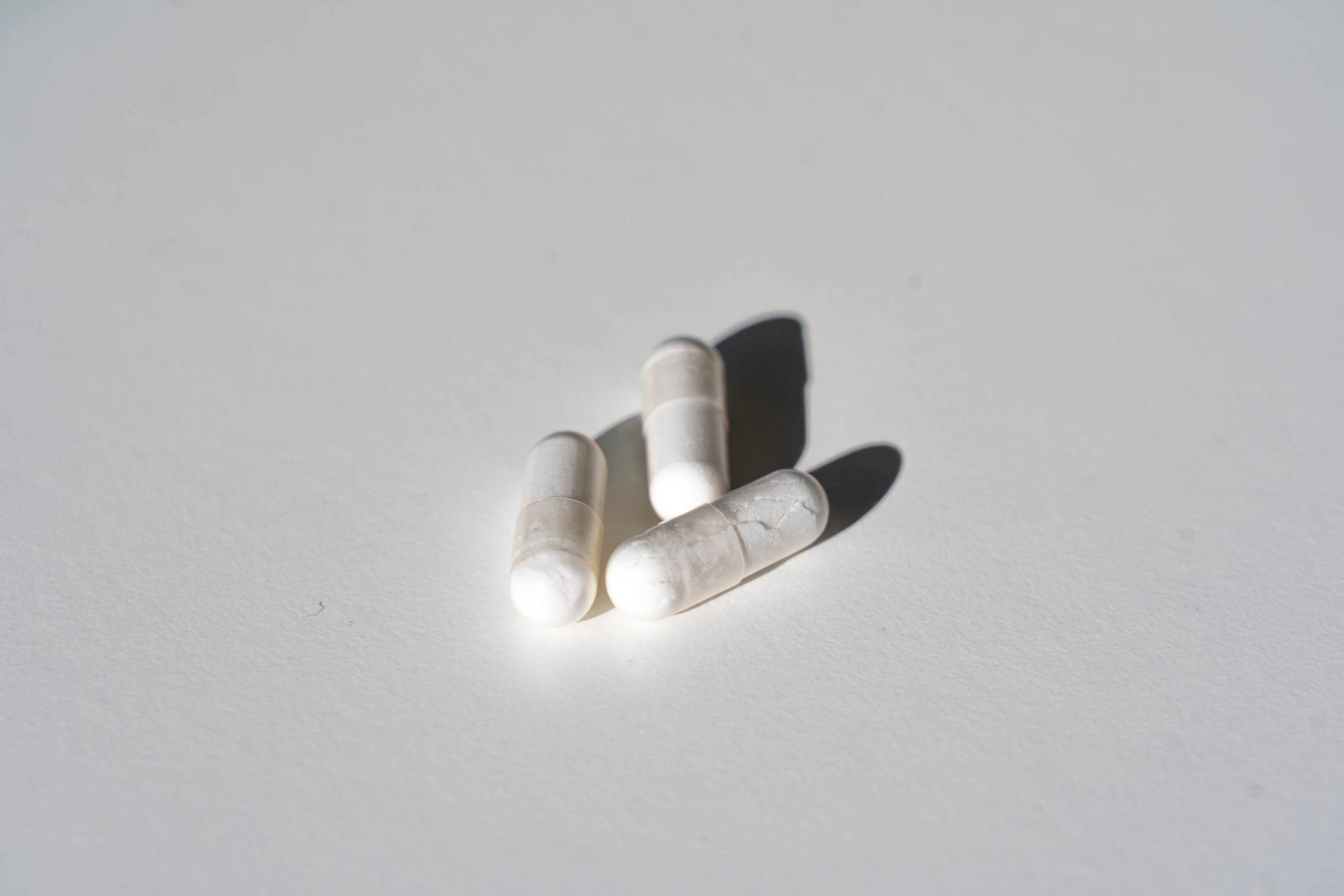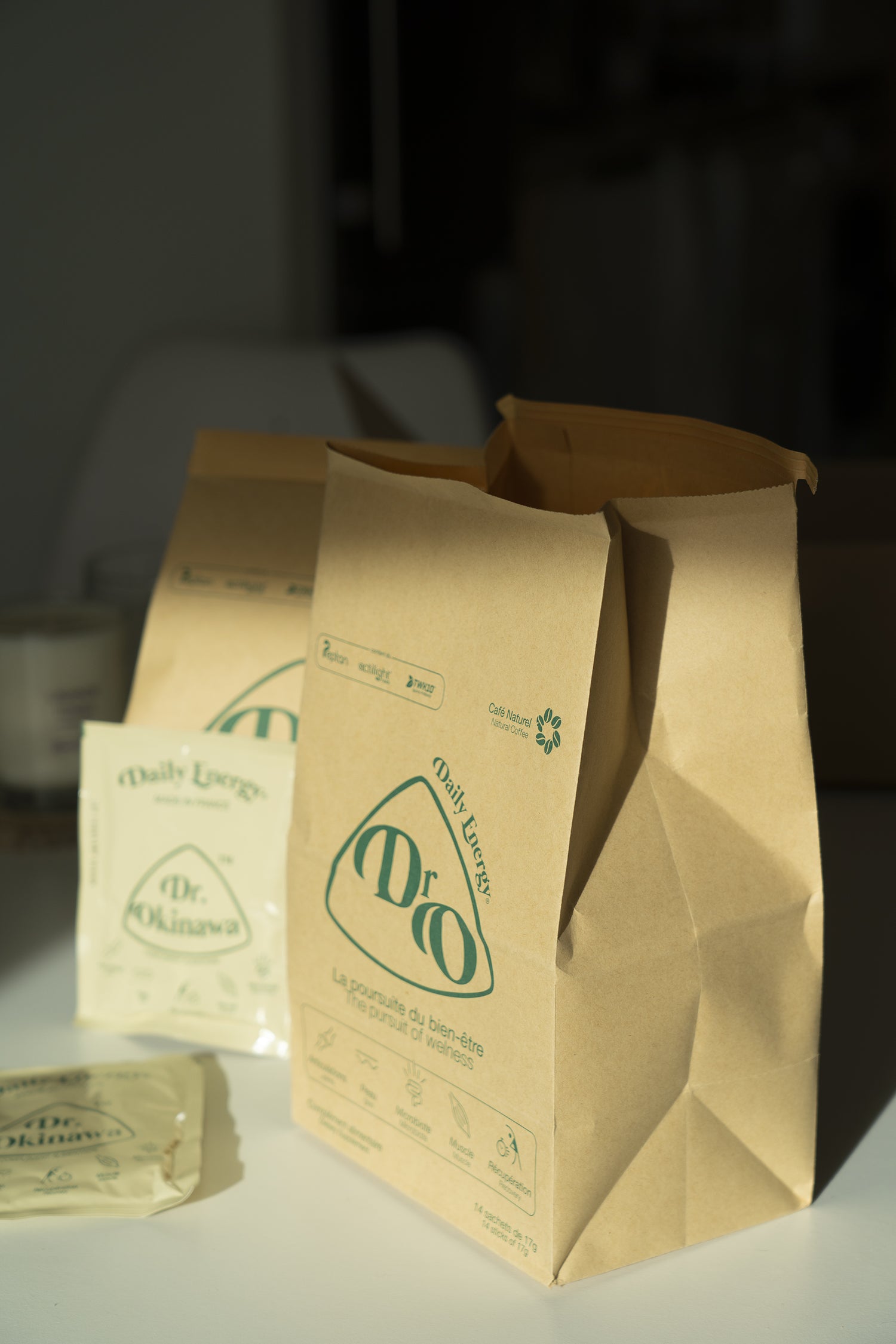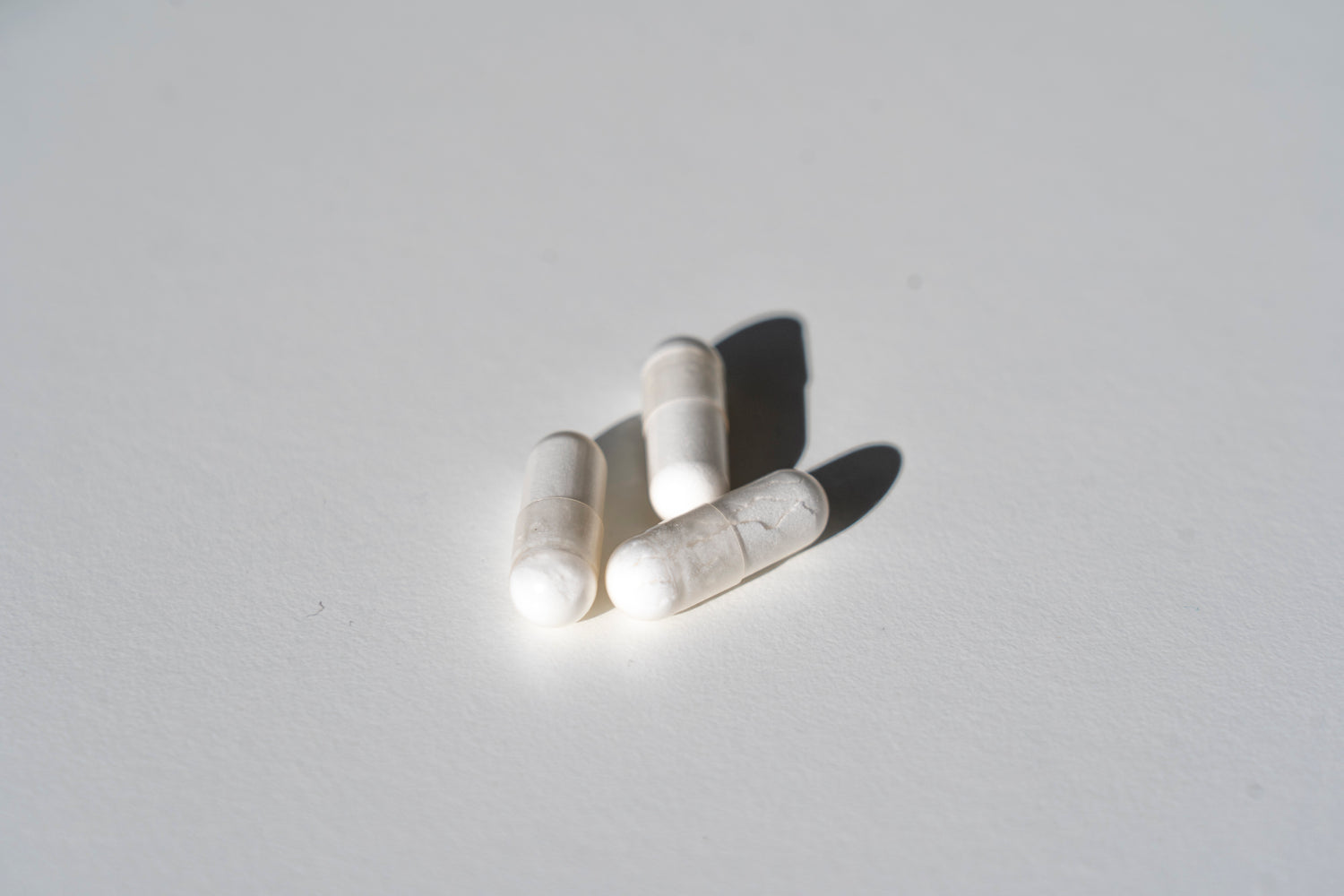Detail Probiotics

La santé par l'intestin
Le microbiote intestinal s’apparente à une pierre angulaire de la santé et du bien-être humain, en exerçant des fonctions métaboliques, immunitaires, de protection et en communiquant avec le cerveau. Son bon fonctionnement dépend de la diversité des bactéries qu’il contient. C’est pour cela que nous avons soigneusement associé L.plantarum BIO1096 à B.bifidum BIO5480 et L.rhamnosus BIO6870
What the science says
An altered and unbalanced microbiota is called dysbiosis.
It is characterized by a decrease in microbial diversity, compositional changes and an increase in the abundance of potentially pathogenic species.
A dysbiotic microbiota leads to hyperpermeability of the intestinal barrier, an inflammatory state and oxidative stress and is associated with various disorders.
Probiotics:
-
Bifidobacterium bifidum
Bifidobacterium bifidum is one of the dominant components of healthy intestinal microflora. It is one of the most frequently shared Bifidobacterium species from mother to child. In adults, the level of bifidobacteria is relatively stable and then decreases with old age. Bifidobacterium bifidum is beneficial for gut and immune health.
-
Lactobacillus rhamnosus
L. rhamnosus is the most studied strain in the world with more than 800 scientific studies. Numerous clinical studies have demonstrated that L. rhamnosus GG can prevent or improve human conditions in several health areas, mainly: allergy, immune system, gastrointestinal health (abdominal pain, constipation, diarrhea), inflammation, oral health. dental and infections.
-
L. plantarum TWK10® Sports Probiotic
TWK10® sports probiotic is a unique, patented strain of L. plantarum isolated from Taiwanese kimchi. It is the only probiotic clinically proven to improve sports endurance. TWK10® increases blood glucose levels during exercise, used by the body to generate ATP – the energy currency of muscles. More ATP means athletes can go further and push harder. TWK10: increases exercise endurance by up to 75%, reduces fatigue, stimulates muscle synthesis and fat loss.

B. bifidum CNCM I-509
Bifidobacterium bifidum
B. bifidum is one of the species of
Bifidobacterium most frequently shared from mother to child.
B. bifidum is able to activate immunity, adhere to the intestinal mucosa, and metabolize host glycans (1)
B.bifidum plays a role in intestinal integrity
- by protecting the mucus layer along the intestinal epithelial cells (1,2).
- by promoting the growth of other bifidobacterial species (2) .
- by producing acetate (SCFA) by fermentation of dietary fiber. Acetate increases colonic blood flow and ileal motility and is anti-inflammatory . Acetate can be supplied by "cross-feeding" to other bacteria to produce another SCFA, butyrate, which increases the integrity of the colon epithelium (3)

L.rhamnosus BIO6870
Lactobacillus rhamnosus
L.rahmnosus is the most studied strain in the world with more than 800 scientific studies.
L. rhamnosus GG can prevent or improve health conditions, mainly:
- gastrointestinal health (abdominal pain, constipation, diarrhea) (4),
- respiratory tract infections (5)
- the immune response (6)
Why Daily Energy probiotics are better for you
Better bioavailability
We have selected high performance probiotics which reach the intact intestine ensuring bioavailability and high sporulation guarantee of effectiveness.
They are robust probiotics that are resistant to extreme pH levels (stable in acidic stomach conditions), high temperatures (proven stability in high temperature cooking applications), dehydration, antibiotics, pressure and the hostile environment of the digestive tract (production of biofilm which allows adhesion to the mucous epithelium, facilitates sporulation and protects the colony from gastric and bile juices)
Heat stable, our probiotics do not require refrigeration and can be dissolved in cold, lukewarm water and up to 80°C.
Better quality raw material
Sufficient dosage to claim effects supported by scientific studies.
Being a living organism, each probiotic strain is unique with its own properties and is therefore not replaceable (even by other strains of the same species).
For probiotics to have a beneficial effect, it is essential that the strain reaches the intestine alive to be able to exert its effect there. It must therefore resist the ambient environment (temperature/humidity) then the acidity of the stomach. For this, the manufacturing company must have experience in handling living matter.
Highly concentrated
Dosage sufficient to affix the probiotic label in compliance with French legislation.
Food supplements bearing the term "probiotics" must provide a minimum of 10,000,000 to 1 billion live cells of one strain per day, so as to allow a significant quantity of live microorganisms to reach the gastrointestinal tract and to develop there.
- Daily Energy contains 30 billion TWK10 L.plantarum Sport Probiotic .
- Daily Energy contains 2 billion Bifidobacterium bifidum and Lactobacillus rhamnosus
